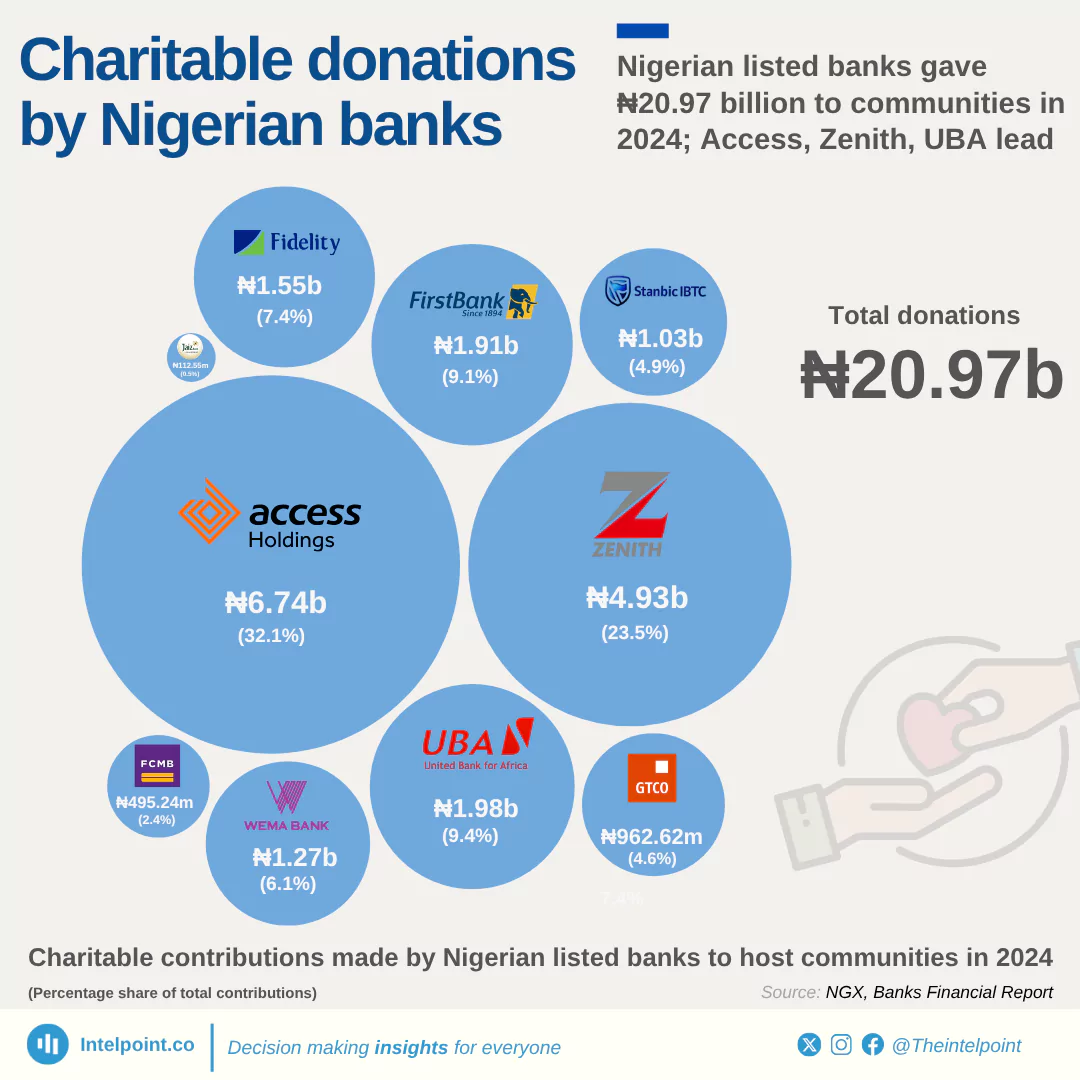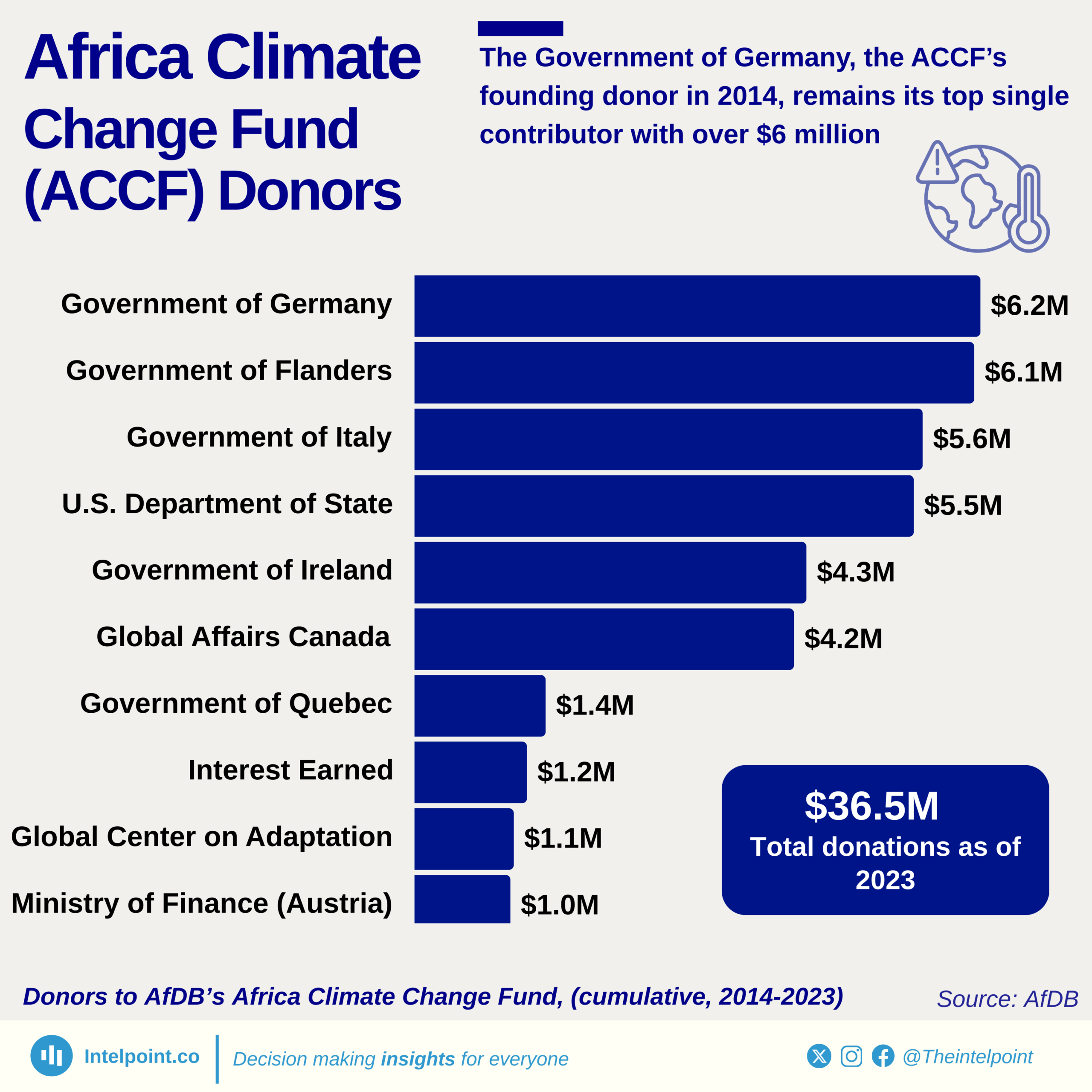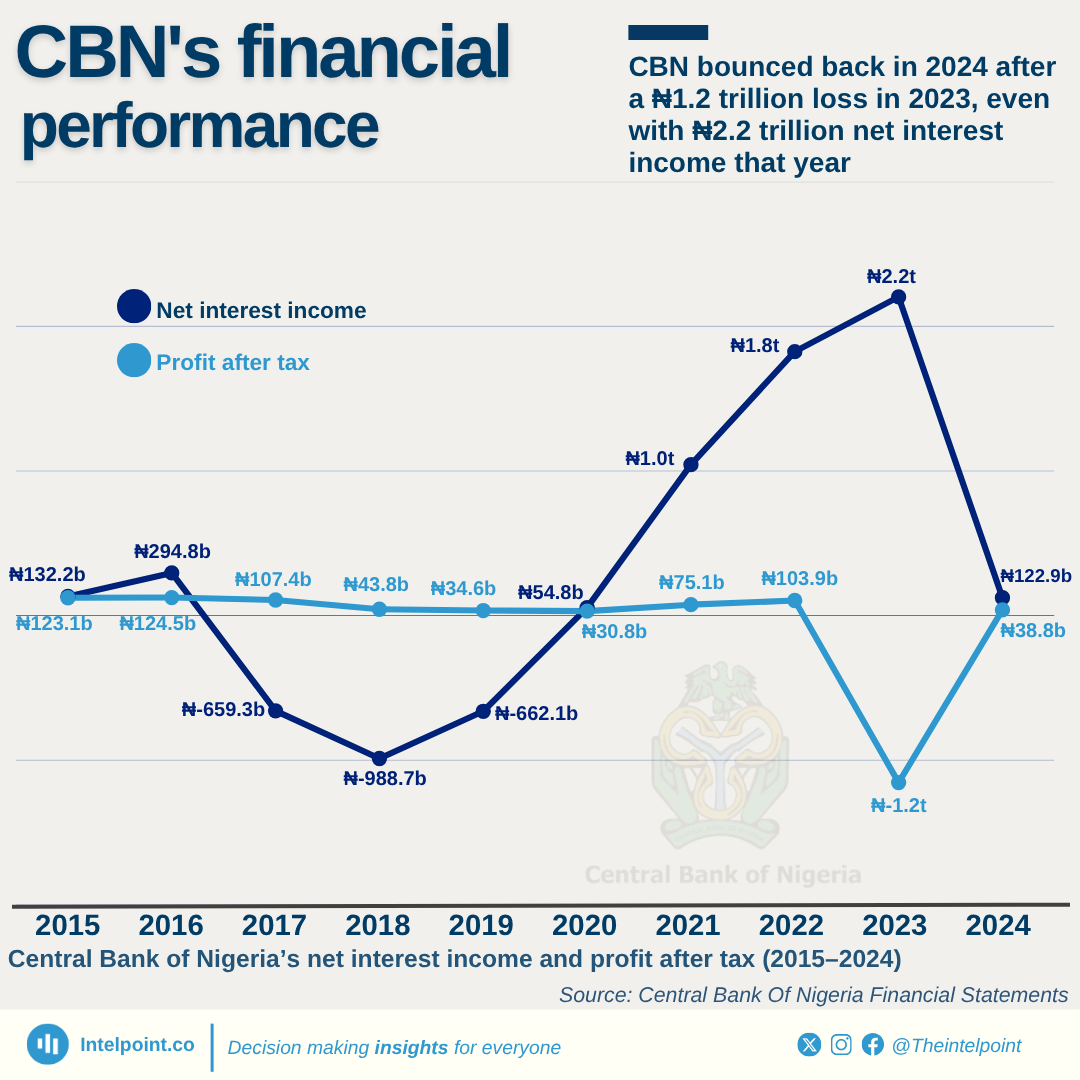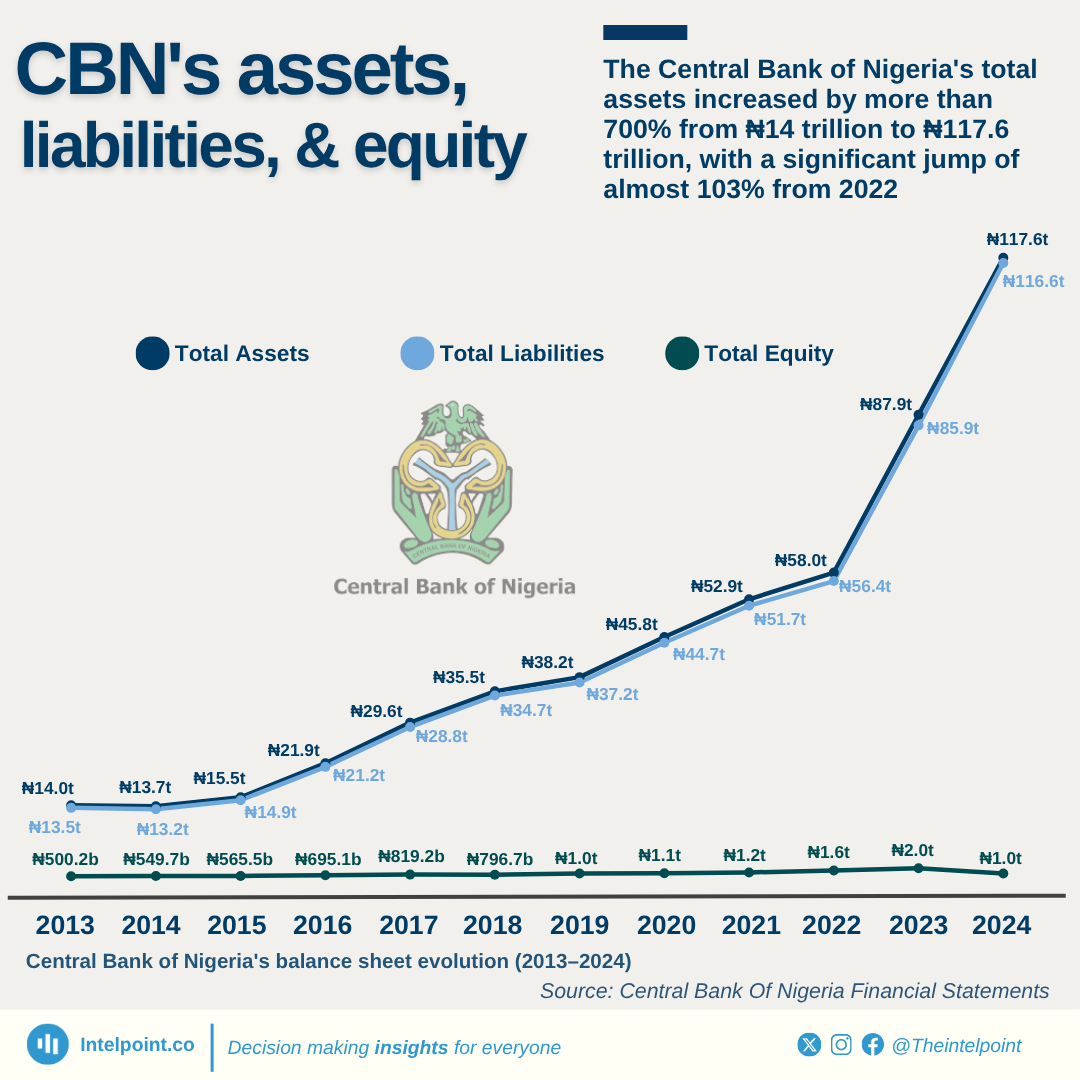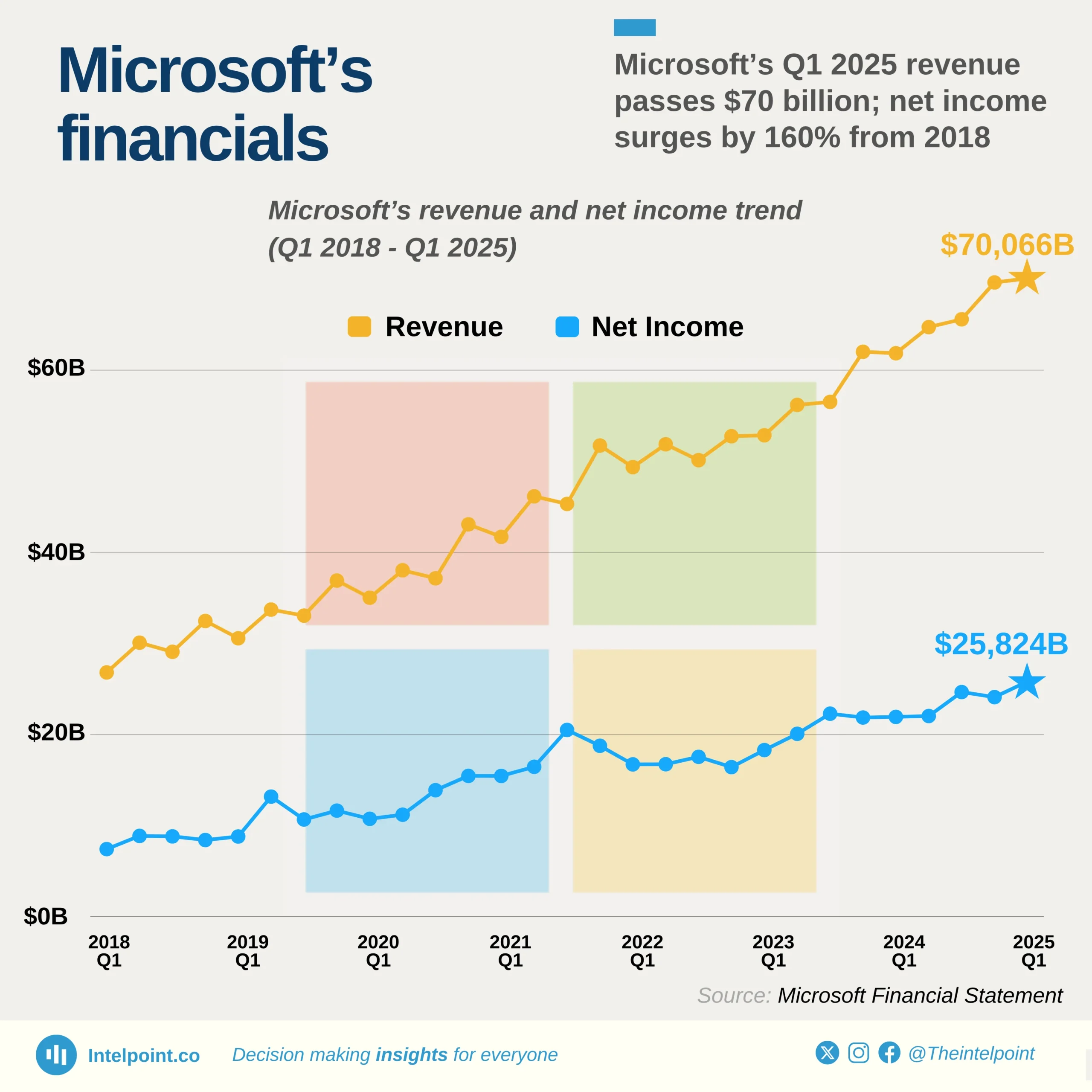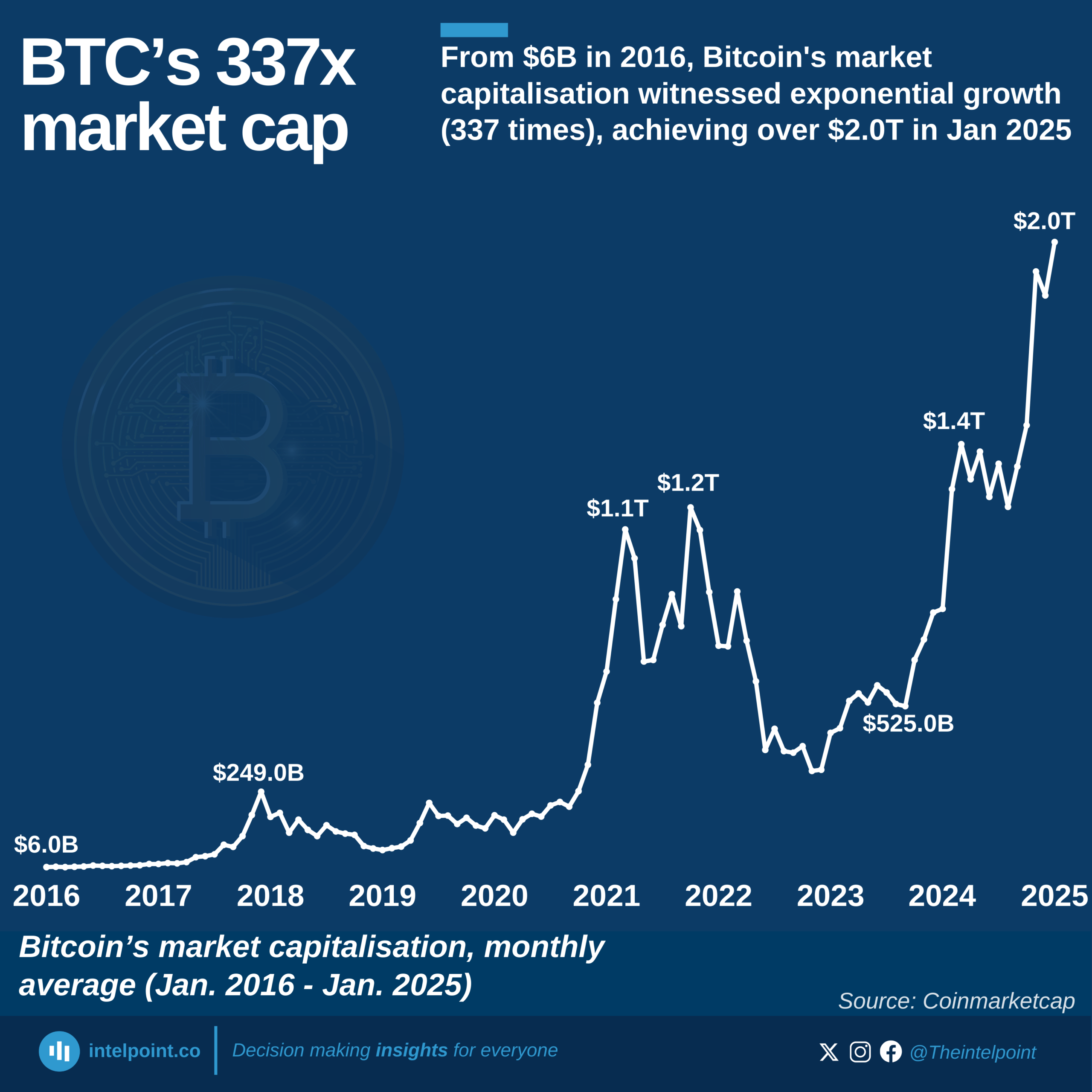The NGX premium board hosts only eight companies that meet the most stringent corporate governance, capitalisation and liquidity standards of the Nigerian Exchange, amongst other requirements. EY and KPMG each audit three of the companies on the board, while PwC audits two, Seplat Energy and Zenith Bank Plc. Deloitte is the only one of the big four accounting firms that does not audit any of the companies on the NGX's premium board.
